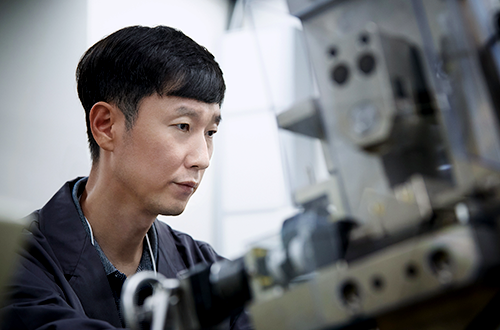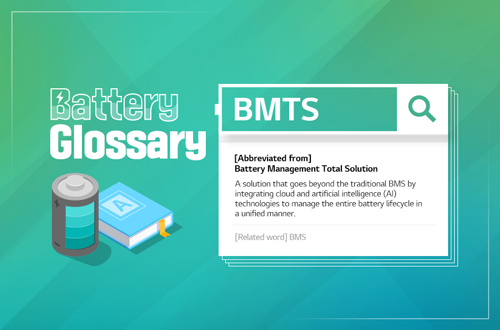While reading next-generation battery news, you may have encountered the word “dendrite” at least once. Dendrite is mentioned as a vital issue in developing next-generation batteries in the industry. Today, we will learn what dendrites are and how they affect batteries.
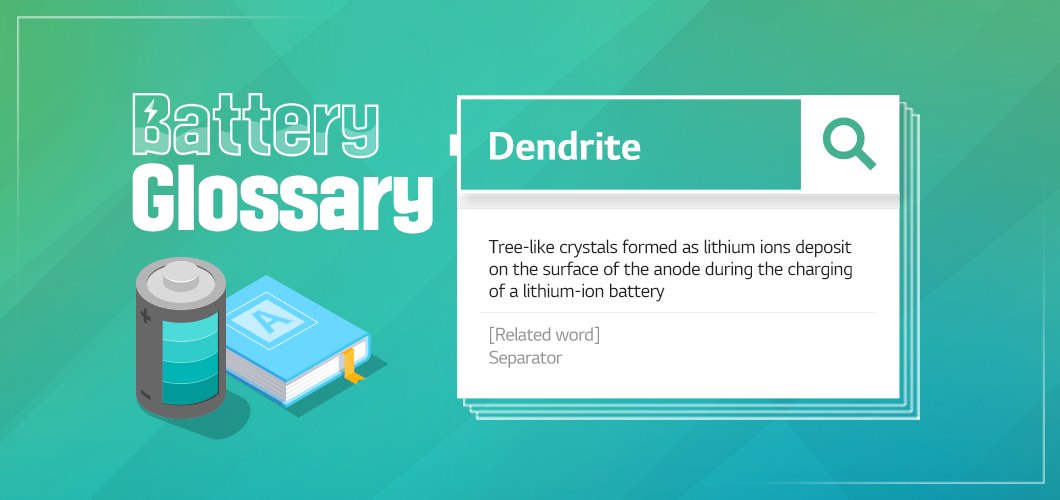
What is Dendrite?
As we use lithium-ion batteries, “lithium-crystals” that look like sharp tree branches could deposit on the anode surface during charging. Lithium crystals are formed on the surface of the electrode and grow in all directions, gradually accumulating. Since this lithium crystal looks like a pointed dendron, it is called dendrite, like the dendrites of a neuron. It is also called “dendritic crystal.”
Impact of dendrites on lithium-ion batteries
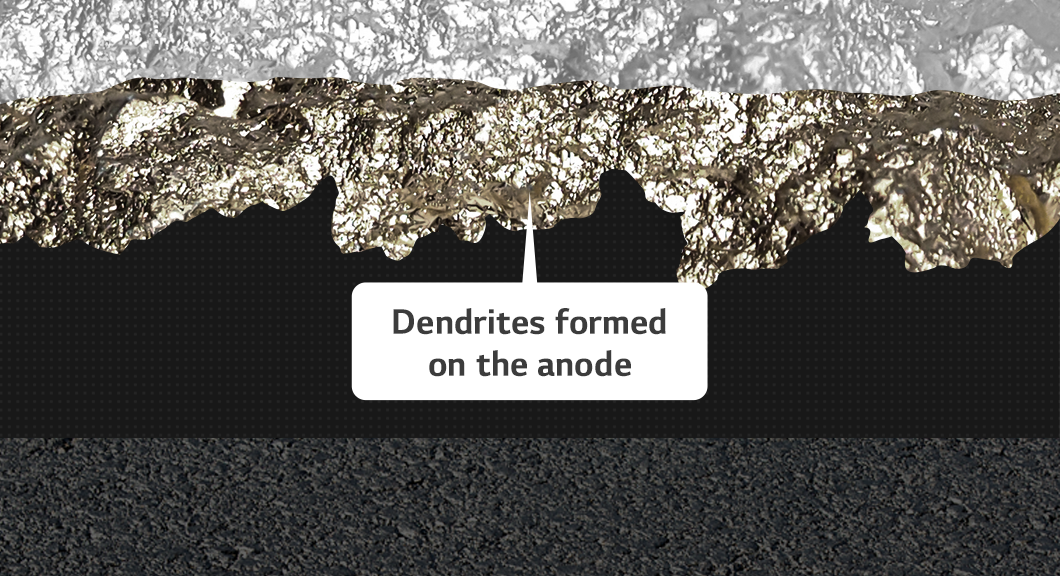
Dendrites are considered one of the main reasons for undermining life and safety of lithium-ion batteries. Dendrites on the electrode of a battery could reduce energy efficiency and lifespan of the battery as they block smooth movement of lithium ions that travel actively between the cathode and anode.
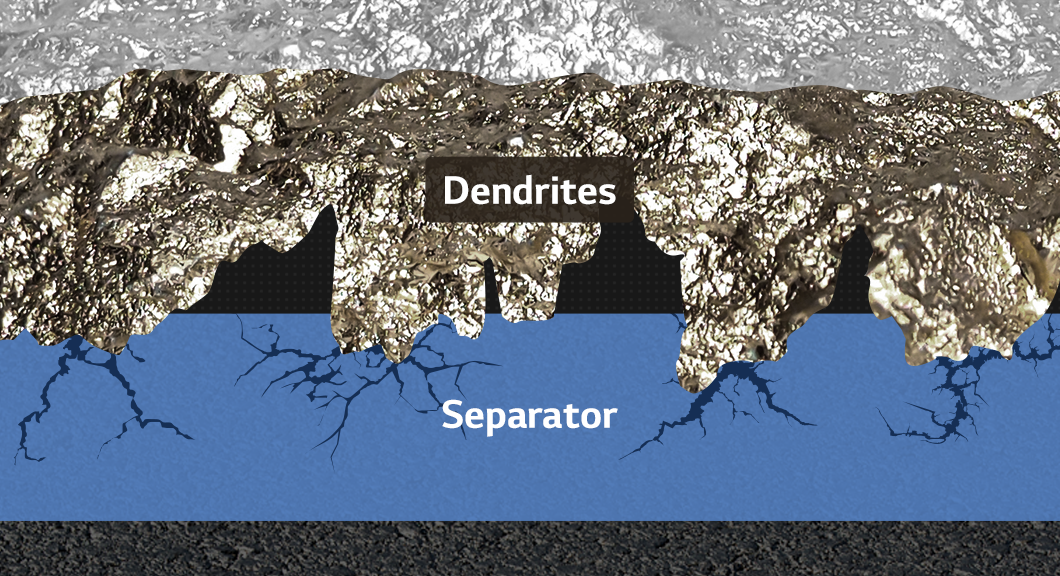
In addition, if dendrites keep growing, they could damage the separator, a key component of a battery. A thin layer made of insulative materials, the separator plays the role of keeping the cathode and anode apart. If it is damaged, the cathode can have a direct contact with the anode, causing a short circuit and resistance.
Therefore, preventing the formation of dendrites is an important challenge in developing next-generation batteries.
LG Energy Solution is working to solve the dendrite issue as the company is dedicated to developing lithium-sulfur and solid-state batteries, the next-generation batteries. Of the two, lithium-sulfur batteries are commanding attention: They have higher energy density than lithium-ion batteries as they have lithium metals for their anode.
Apart from that, the battery industry is making further efforts on the issue as scientists at University of Michigan found out that a kevlar fiber membrane can suppress the growth of dendrites.
